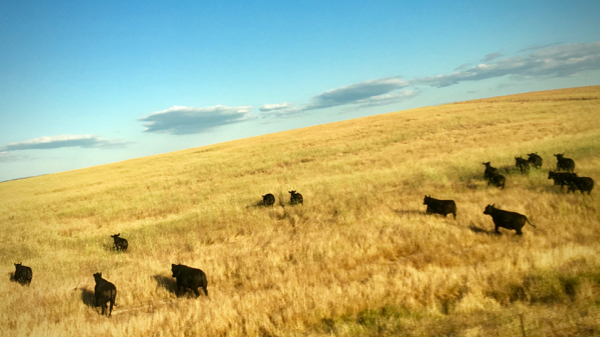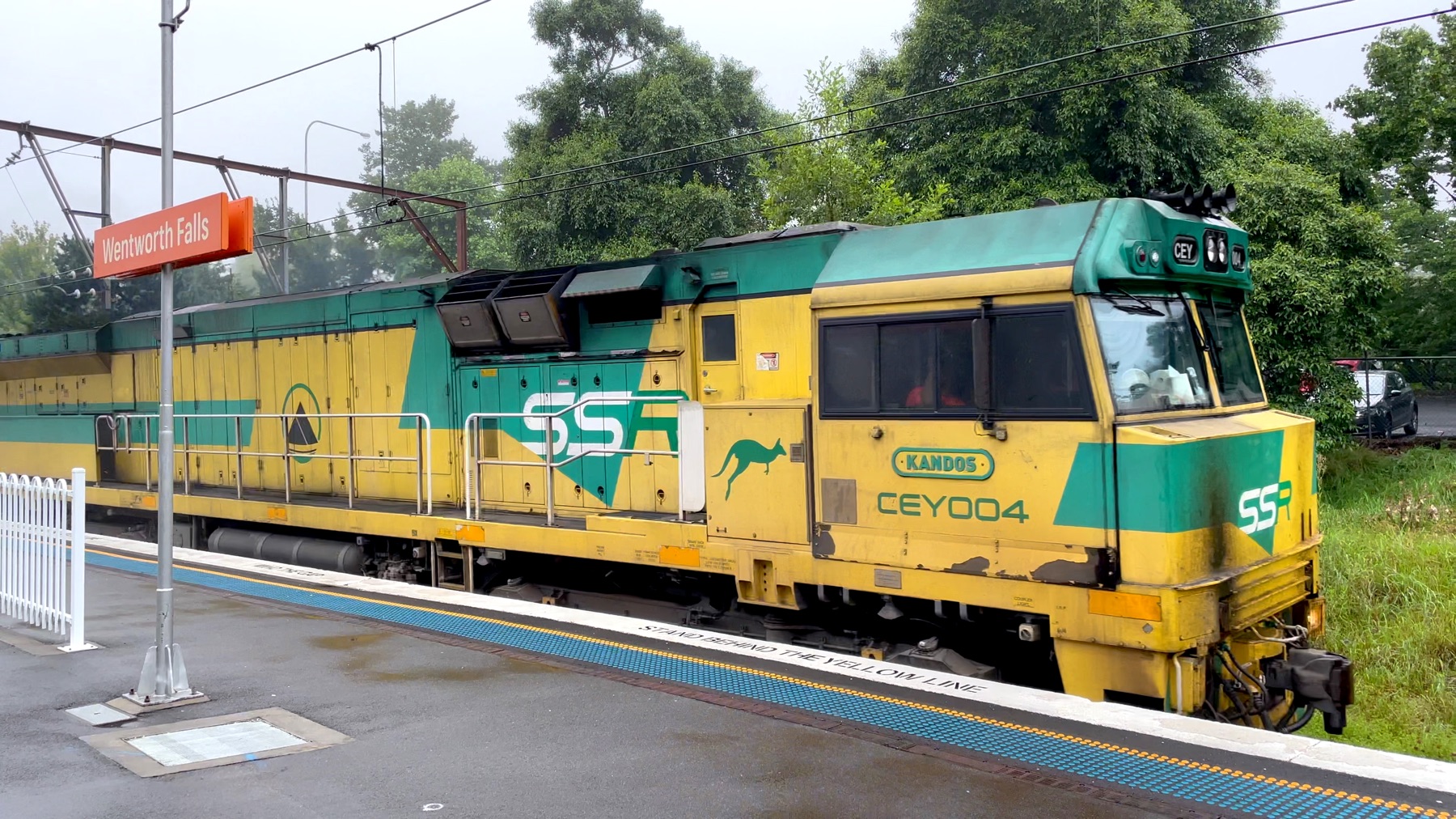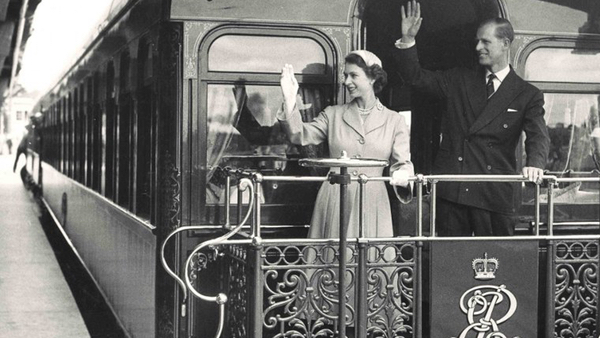My week of Monday 31 January to Sunday 6 February 2022 saw me slowly returning to productivity after that lurgi. Certain circumstances led to the podcast recording being pushed back, but I got plenty of other things done.
Continue reading “Weekly Wrap 610: I had an editorial meeting and I saw a coal train and I uploaded some videos”Weekly Wrap 543: Generosity, moistness, and cybers
Monday 19 to Sunday 25 October 2020 was a happy one. A successful crowdfunding campaign. Productivity. And the start of a streak of rainy weather. Joy.
Continue reading “Weekly Wrap 543: Generosity, moistness, and cybers”Weekly Wrap 341: Cows, Canberra, and the Cyber Kangaroo
 My week of Monday 5 to Sunday 11 December 2016 was dominatedby my trip to Canberra to take part in the “360° Cyber Security Game” being convened by RAND Corporation and the National Security College (NSC) at The Australian National University (ANU).
My week of Monday 5 to Sunday 11 December 2016 was dominatedby my trip to Canberra to take part in the “360° Cyber Security Game” being convened by RAND Corporation and the National Security College (NSC) at The Australian National University (ANU).
In the background I did quite a bit of work on the SEKRIT editorial project. I promise to tell you more about that before Christmas.
Articles
- The flowering of voice control leads to a crop of security holes, ZDNet Australia, 5 December 2016.
- How the Cyber Kangaroo can help defend the Internet of Things, ZDNet Australia, 9 December 2016. This is the piece that came out of the Cyber Security Game.
Podcasts, Media Appearances, Corporate Largesse
None.
[Photo: Cows on the Move. Cattle run from the Canberra-Sydney train as it passed at full speed on 9 December 2016.]
The 9pm Planet of Fascist Delusions

Donald Trump demonstrates some modern thinking. Former Prime Minister Kevin Rudd submits to a Voight-Kampff test. And Senator Jacqui Lambie lays down the law on renewable energy.
In this podcast, there’s talk of windfarms, wind turbine syndrome, and a lack of science. Also, Tony Abbott, terrorism, George Brandis, poetry, and a little bit about fascism.
Continue reading “The 9pm Planet of Fascist Delusions”The 9pm Inadequate Sense of Occasion
There’s terror in Australia’s suburbs. But fear not. Attorney-General the Honourable Senator George “Soapy the Ankle” Brandis QC is on the case. And Bob Garfield speaks true wisdom.
In this podcast, there’s talk of trains, bombs, terrorism, conspiracies, more bombs, and more trains.
Continue reading “The 9pm Inadequate Sense of Occasion”Why people who say “train station” sound stupid
 I cringe when people talk about the “train station”. “It’s ‘railway station’, you morons,” screams my brain. Well as it turns out, they’re actually not stupid — at least not for that reason. It’s just another relatively modern shift in language.
I cringe when people talk about the “train station”. “It’s ‘railway station’, you morons,” screams my brain. Well as it turns out, they’re actually not stupid — at least not for that reason. It’s just another relatively modern shift in language.
The chart at the top of the post is a Google Ngram search of their entire English corpus since 1820 — the first public steam railway in the world was the Stockton and Darlington Railway, which opened in 1825 — comparing the usage of “railway station” (blue) versus “railroad station” (red) and “train station” (orange).
You can click through to the full-size chart, or run the search yourself.
As you can see, the most common usage has almost always been “railway station”, with “railroad station” distinctly second-place. A “train station” wasn’t even a thing until the 1950s, but it rose in popularity quite quickly. “Train station” has been the most common usage since the mid-1990s, although it has been declining again since around 2000. I wonder why.
My understanding is that many railway terms derived from the military, because until the railways came along nothing else had been organised on that sort of trans-national and even trans-continental scale except armies. Hence trains have “guards” for their safe operation, and “stations” along the line where staff are stationed to maintain the entire railway system — including fuel, water, trackwork and signalling.
Railway stations are therefore part of a railway’s entire operation, not merely “train stations” for trains to stop at. For me, someone talking about “train stations” is showing their ignorance of how railways work: it’s more than just the trains.
Since I had the Google open in front of me, I thought I’d look at the variations in US versus UK English. It seems that “railroad station” isn’t the dominant American usage that I’d imagined.
Continue reading “Why people who say “train station” sound stupid”



